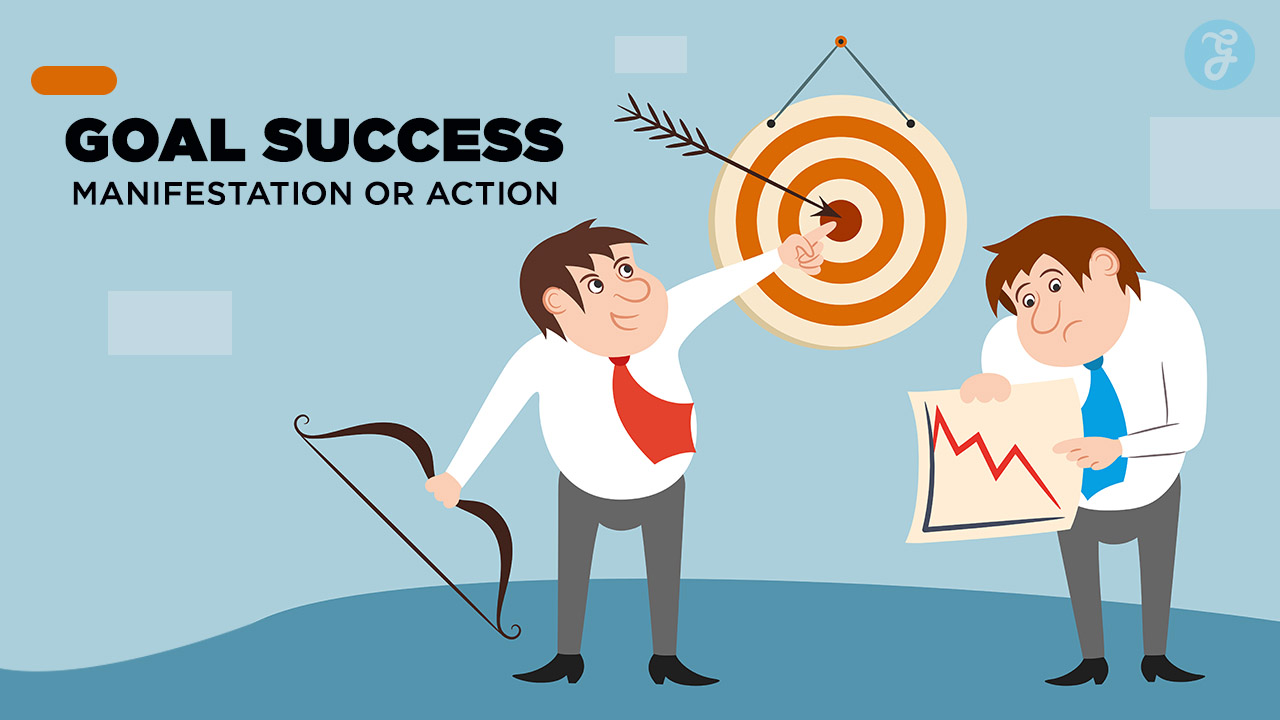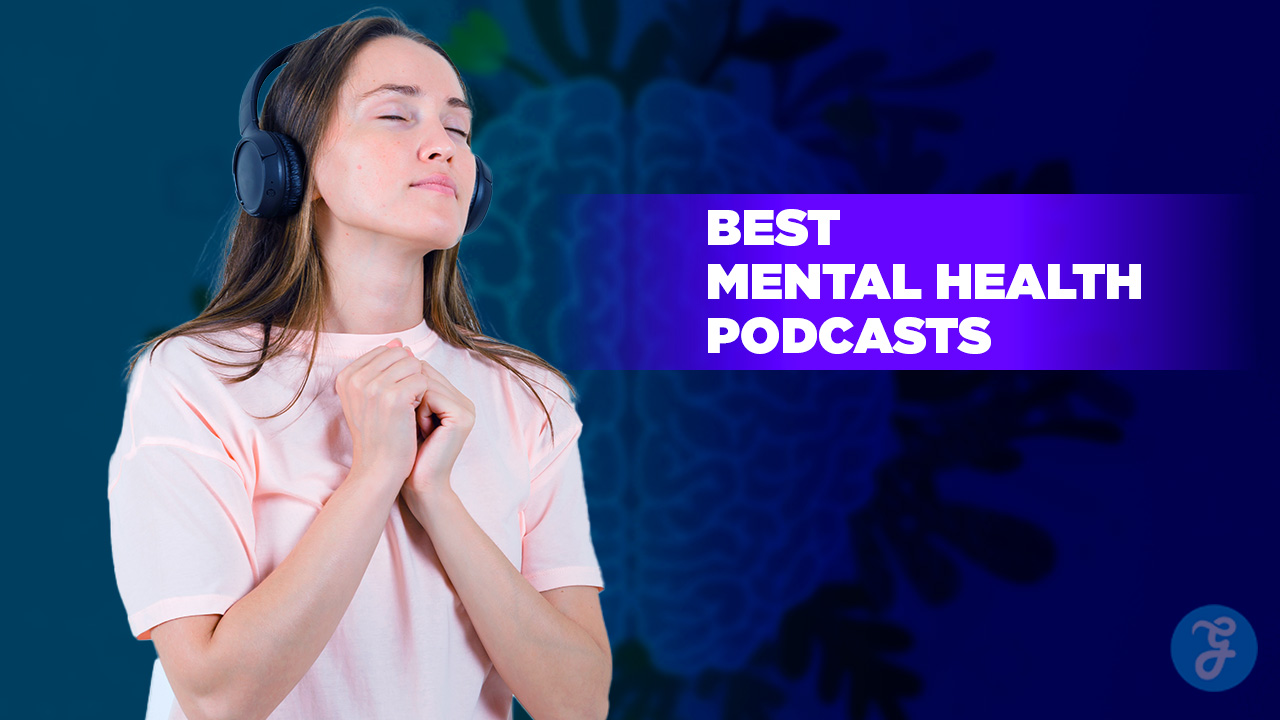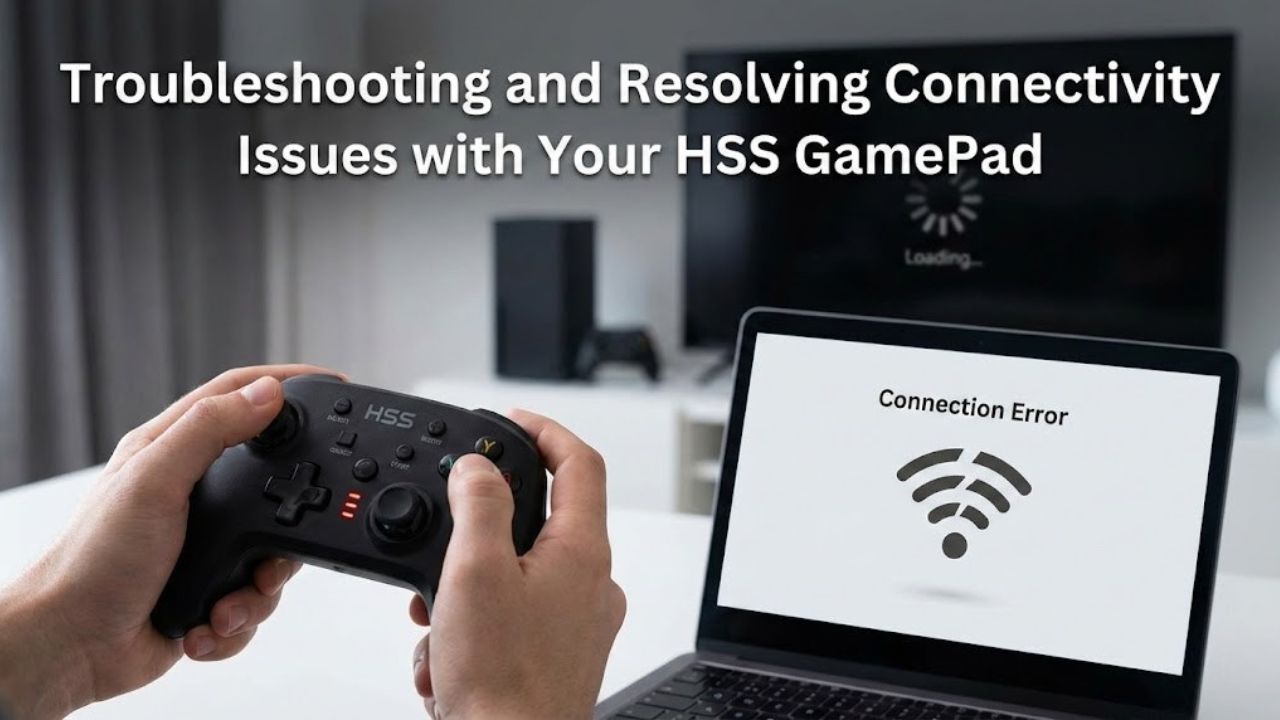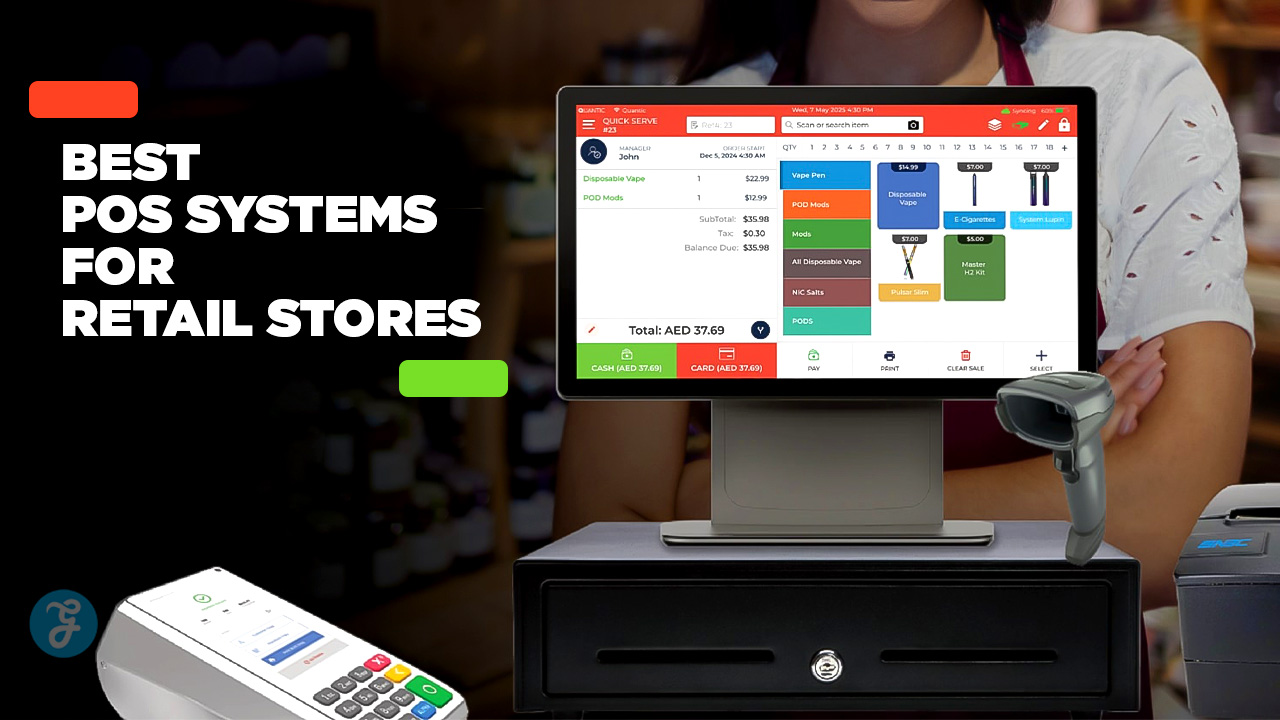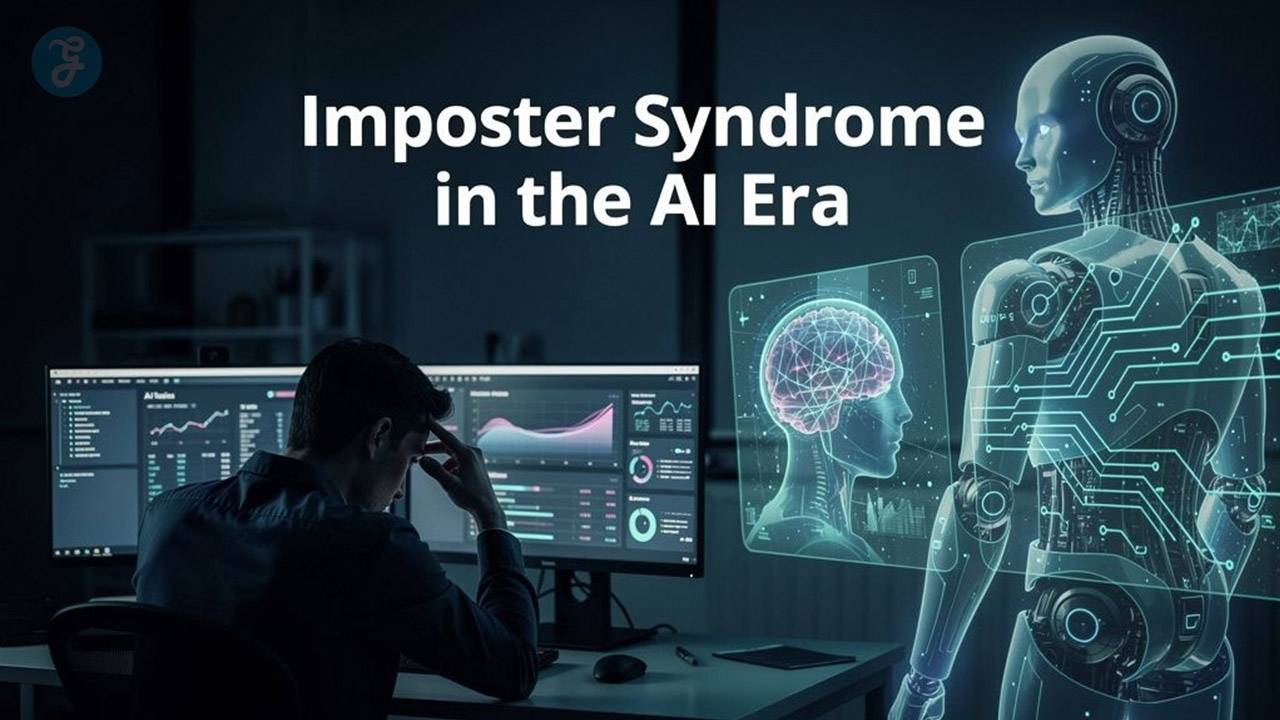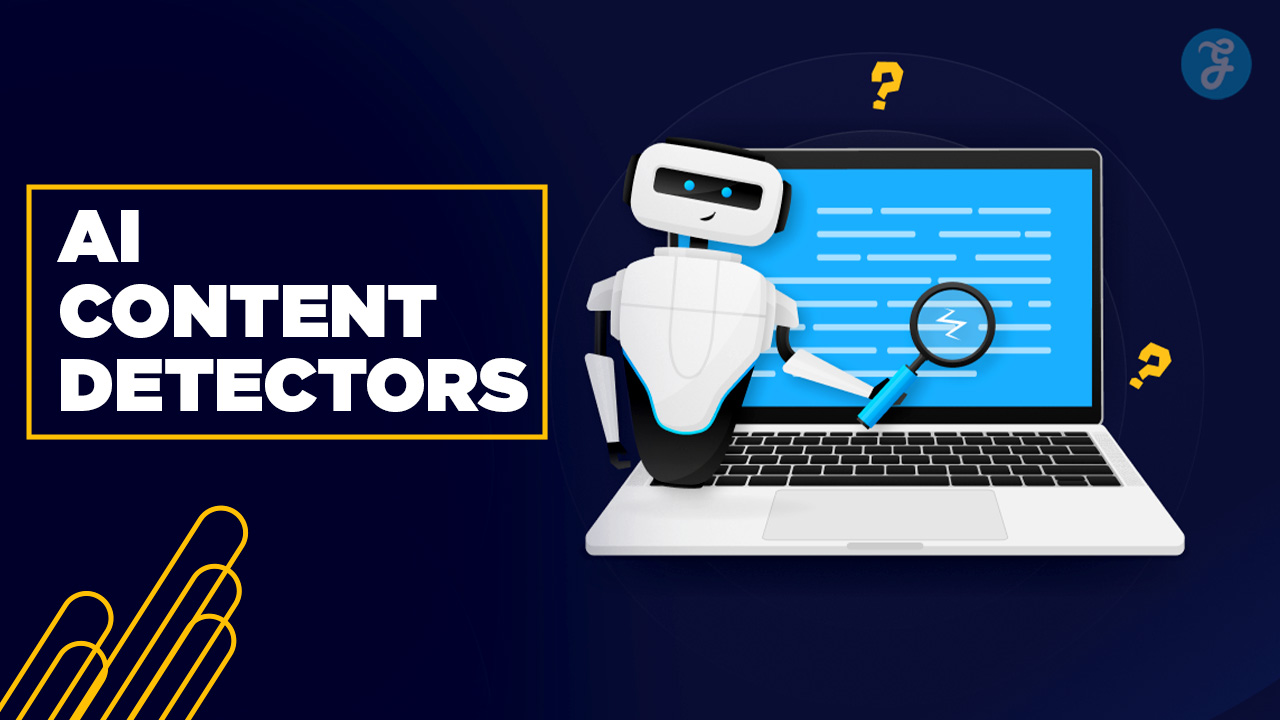Civil rights are fundamental to ensuring equality and justice in a democratic society. However, when these rights are violated, pursuing legal action can be daunting, especially for those who cannot afford the high cost of legal representation.
This is where civil rights lawyers offering pro bono services come in. Pro bono services allow individuals to seek justice without financial barriers, ensuring everyone has access to legal support.
In this article, we’ll explore 8 effective ways to find civil rights lawyers offering pro bono services.
These strategies include leveraging local bar associations, nonprofit organizations, and online legal directories. By the end, you’ll have actionable insights to secure the legal assistance you need.
1. Contact Local Bar Associations
Bar associations are professional organizations for lawyers, often providing referral services and maintaining lists of attorneys offering pro bono work. These organizations ensure that lawyers adhere to high professional and ethical standards. Most local bar associations have resources dedicated to connecting individuals with pro bono lawyers in specific legal areas, including civil rights.
Steps to Follow
- Visit the website of your state or local bar association.
- Look for a section dedicated to pro bono services or lawyer referrals.
- Submit an online inquiry or call their hotline for assistance.
- Specify that you need a civil rights lawyer and mention your financial limitations.
Key Information for Bar Associations
| State | Bar Association Website | Contact Info | Pro Bono Program |
| California | www.calbar.ca.gov | 1-866-442-2529 | California Pro Bono Directory |
| New York | www.nysba.org | 1-800-342-3661 | Lawyer Referral and Pro Bono |
| Texas | www.texasbar.com | 1-800-204-2222 | Texas Access to Justice Program |
Why It’s Effective
Bar associations often have updated and verified information on attorneys. They ensure the lawyer you are referred to meets professional standards. Many lawyers listed through these associations are committed to helping underserved populations.
2. Seek Help from Nonprofit Organizations
Nonprofit organizations often work with or employ civil rights lawyers to assist underserved communities. These organizations focus on specific civil rights issues, such as racial discrimination, gender equality, or housing rights. They usually offer free or low-cost legal assistance to those in need.
Steps to Follow
- Research nonprofits focusing on civil rights in your area.
- Visit their website to check available legal services.
- Contact their legal aid department for assistance.
Examples of Nonprofit Organizations for Civil Rights
| Organization | Focus Area | Contact Information | Location |
| ACLU (American Civil Liberties Union) | General civil rights | www.aclu.org | Nationwide |
| NAACP Legal Defense Fund | Racial justice | www.naacpldf.org | Nationwide |
| Equal Justice Initiative | Prisoner rights, racial equity | www.eji.org | Montgomery, Alabama |
Why It’s Effective
Nonprofits are deeply involved in civil rights advocacy. Their networks include experienced lawyers who are passionate about justice. Moreover, nonprofits are familiar with specific civil rights violations and have the resources to help you effectively.
3. Leverage Law School Clinics
Many law schools have clinics where law students, supervised by experienced professors or practicing lawyers, offer free legal services. These clinics provide students with hands-on legal experience while serving the community. Civil rights law clinics often take on cases involving discrimination, free speech, and other violations.
Steps to Follow
- Search for law schools in your area offering legal clinics.
- Contact the clinic office directly or visit their website.
- Explain your case and inquire if they can assist.
Top Law Schools with Legal Clinics
| Law School | Location | Clinic Focus Area | Contact Information |
| Harvard Law School | Cambridge, MA | Civil Rights and Advocacy | www.harvard.edu/lawclinic |
| Georgetown University Law | Washington, D.C. | Human Rights Clinic | www.georgetownlaw.edu |
| UC Berkeley Law | Berkeley, CA | Civil Justice Clinic | www.law.berkeley.edu |
Why It’s Effective
Law school clinics provide high-quality legal services supervised by experts. They are an excellent option for cases requiring in-depth legal research and advocacy.
4. Use Online Pro Bono Platforms
Online platforms dedicated to connecting individuals with pro bono legal services have gained popularity. These platforms allow users to find civil rights lawyers offering free or low-cost services by searching based on location or area of law.
Steps to Follow
- Visit platforms like LawHelp.org or ProBono.net.
- Register an account or fill out an inquiry form.
- Filter results for civil rights lawyers in your area.
Top Online Pro Bono Platforms
| Platform | Services Provided | Website | Coverage Area |
| LawHelp.org | Legal aid resources | www.lawhelp.org | Nationwide |
| ProBono.net | Lawyer directory, legal tools | www.probono.net | Nationwide |
| Justia | Free legal information, lawyer directory | www.justia.com | Nationwide |
Why It’s Effective
These platforms are user-friendly and provide access to a large database of pro bono lawyers and resources. They streamline the process of finding legal aid quickly.
5. Attend Community Legal Aid Events
Community legal aid events, such as clinics or workshops, are held to offer free legal advice to residents. These events are organized by local nonprofits, government agencies, or bar associations and are an excellent way to connect with civil rights lawyers.
Steps to Follow
- Search for legal aid events in your area using community boards or online resources.
- Attend events and bring necessary documents related to your case.
- Speak with available lawyers and inquire about pro bono services.
Example of Legal Aid Events
| Event Name | Focus Area | Organizer | Location |
| Free Legal Advice Clinic | General legal assistance | Legal Aid Society | New York, NY |
| Justice for All Day | Civil rights | ACLU | San Francisco, CA |
| Know Your Rights Workshop | Housing discrimination | Equal Justice Initiative | Montgomery, AL |
Why It’s Effective
These events bring together multiple lawyers, making it easier to connect with a professional who specializes in civil rights law.
6. Seek Assistance from Community Legal Aid Programs
Community legal aid programs are often overlooked but are vital resources for individuals seeking pro bono legal services, including civil rights representation. These programs are typically funded by government grants, donations, and non-profit organizations, ensuring that they are accessible to individuals from low-income backgrounds.
Many legal aid offices employ experienced civil rights attorneys who are passionate about justice and equality. They assist in a wide range of cases, from workplace discrimination to police misconduct, offering support to those who might otherwise not afford legal representation. By working with a community legal aid program, you not only access legal expertise but also become part of a system that advocates for systemic social change.
How to Access Legal Aid Programs
- Search online for legal aid offices in your area.
- Contact organizations like the Legal Services Corporation (LSC), which funds programs across the U.S.
- Visit local law schools that partner with community legal aid projects.
| Feature | Details |
| Cost | Free or low-cost services |
| Eligibility | Based on income or case type |
| Common Cases Handled | Workplace discrimination, tenant rights, and police misconduct |
Why It Matters
Legal aid programs provide essential services to individuals who might otherwise be excluded from the justice system. These programs are deeply committed to fostering equality and social justice, ensuring that everyone has access to legal representation regardless of their financial situation.
7. Leverage Social Media Platforms and Forums
Social media and online forums have become indispensable tools for connecting with legal professionals. Platforms like Twitter, LinkedIn, and specialized forums such as Reddit’s Legal Advice subreddit often host discussions and recommendations about pro bono services.
Many lawyers use social media to offer free consultations or announce their availability for pro bono cases. Online communities also allow individuals to share experiences and provide recommendations for civil rights lawyers. This method not only broadens your search but also provides insights into the lawyer’s reputation, expertise, and success rate in handling similar cases.
Best Practices for Using Social Media
- Join groups and forums related to civil rights advocacy.
- Follow non-profit organizations and lawyers who frequently post about pro bono opportunities.
- Use hashtags like #ProBonoLawyer or #CivilRightsHelp to narrow your search.
| Platform | Purpose |
| Updates and announcements from lawyers and firms | |
| Professional networking and direct communication with lawyers | |
| Reddit (Legal Advice) | Community-based recommendations and discussions |
Why It Matters
Social media offers a modern, accessible way to connect with legal professionals who share your values. It democratizes access to resources and allows you to interact directly with lawyers willing to take on pro bono civil rights cases.
8. Collaborate with Advocacy Organizations
Advocacy organizations are champions of civil rights and often have strong networks of attorneys who provide pro bono services. Groups like the American Civil Liberties Union (ACLU) and NAACP Legal Defense Fund actively work on cases involving racial justice, LGBTQ+ rights, gender equality, and more.
These organizations usually have a roster of attorneys and legal experts who specialize in civil rights cases. Beyond legal assistance, they offer resources, workshops, and tools to educate individuals about their rights. Partnering with these organizations not only helps you find the right lawyer but also connects you to a larger community working toward justice and equality.
How Advocacy Groups Support You
- Providing referrals to qualified pro bono lawyers.
- Offering free legal clinics and workshops.
- Filing lawsuits on behalf of individuals or communities affected by civil rights violations.
| Organization | Focus Area |
| ACLU | Broad civil rights advocacy |
| NAACP Legal Defense | Racial justice and equality |
| Lambda Legal | LGBTQ+ rights and HIV advocacy |
Why It Matters
Advocacy organizations act as a bridge between individuals and the legal system. They bring extensive experience and a collective voice to fight for justice, ensuring your case is handled with expertise and care.
Takeaway
Finding a civil rights lawyer offering pro bono services may seem challenging, but with the right strategies, it becomes manageable. By leveraging local bar associations, nonprofit organizations, online directories, and community networks, you can secure the legal representation you deserve.
Pro bono lawyers play a crucial role in upholding justice, ensuring that financial barriers do not impede access to legal support.
If you or someone you know is facing a civil rights violation, take action today by exploring the resources mentioned in this guide. Justice is a right, not a privilege—ensure you exercise it fully.




